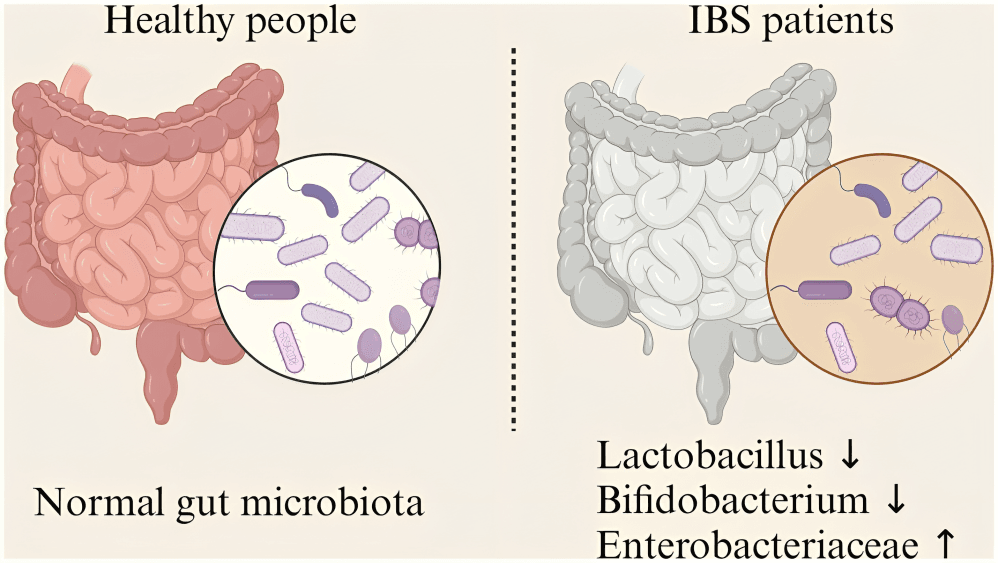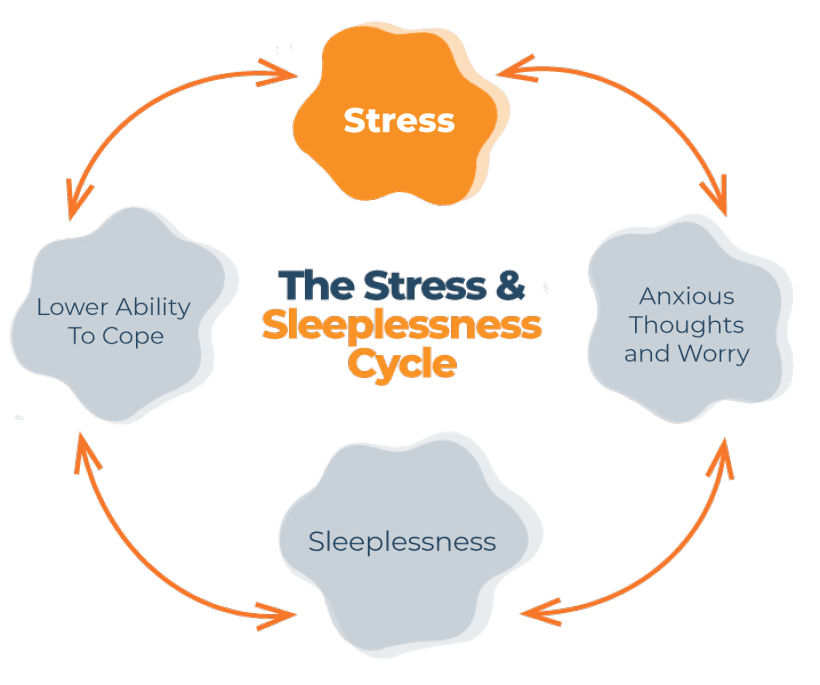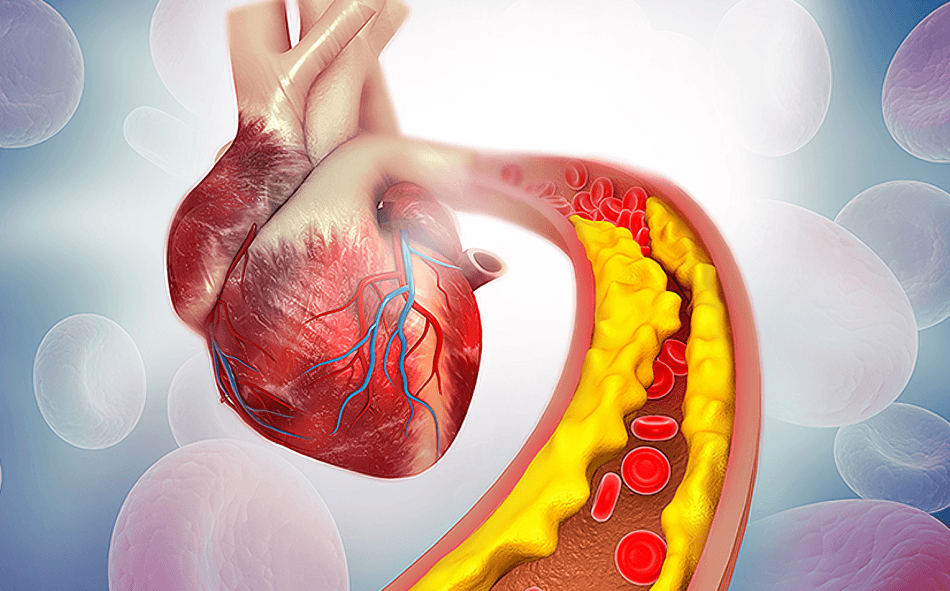
“
The facts about chronic stress on the body reach far beyond mere fatigue or mood swings—they operate like silent architects of damage. Over time, the facts about chronic stress on the body manipulate hormones, weaken immunity, and corrode well-being from within. Unlike acute stress, which can push us to act, the effects of chronic stress on the body slowly unbalance almost every major system. This isn’t just about feeling “burned out”; the effects of chronic stress on the body can reshape how the brain works, how the heart beats, and how the gut digests. Whether you're curious, concerned, or caught in it, understanding the effects of chronic stress on the body is the first step in taking back control. Let’s explore what your body’s been trying to tell you all along: facts about chronic stress on the body.1
1
”
Chronic stress raises cortisol levels, which over time weakens the immune system, making the body more vulnerable to infections, colds, and other illnesses that it would normally resist quite effectively. 1
Stress responses, like the fight or flight reaction, are essential for survival. However, in a world full of constant change, chronic stress keeps the body on high alert, leading to wear and tear as it continuously reacts to perceived threats. 2
Dr. Bruce McEwen (Rockefeller University) showed chronic stress disrupts memory by altering hippocampal structure and impairing phosphorylation of neuron proteins, crucial for brain plasticity. 3

Stress affects digestive health by altering gut function, potentially leading to irritable bowel syndrome (IBS), ulcers, or acid reflux due to excessive acid production and disrupted gastrointestinal muscle contractions.
When you face a threat, like a barking dog, the hypothalamus signals your adrenal glands to release cortisol and adrenaline. With chronic stress, this system stays active too long, overloading the body and damaging organs and brain function. 4
Chronic stress impairs memory and learning by shrinking the hippocampus, a brain region vital for processing new information, which explains difficulties in concentration and cognitive function under prolonged mental strain. 5
The skin reacts to prolonged stress with flare-ups of conditions like eczema, acne, or psoriasis, as stress triggers inflammation and increases sensitivity in the skin's protective barrier. 6
Stress causes the muscles to remain tense for extended periods, which may result in tension headaches, migraines, jaw clenching, and chronic back or shoulder pain due to ongoing muscle contraction. 7
Chronic stress can overwhelm your daily life, making it hard to cope. Consulting a psychologist can help you develop strategies to manage stress and make positive behavioral changes, improving your overall health and well-being. 8

Long-term stress can cause insomnia by overstimulating the brain’s alert system, disrupting the sleep-wake cycle, making it difficult to fall asleep or stay asleep, and reducing overall sleep quality.
Stress activates the sympathetic nervous system, commonly known as the fight-or-flight response, and over time this constant activation puts strain on vital organs, especially the heart and digestive system. 9
Prolonged stress has been associated with faster cellular aging, especially the shortening of telomeres, the protective caps on chromosomes, leading to earlier onset of age-related diseases and physical decline. 10
Over time, chronic stress may suppress bone formation and reduce bone density, increasing the risk of osteoporosis, especially in postmenopausal women due to hormonal imbalances affecting calcium metabolism. 11
Chronic stress raises cortisol and impairs insulin sensitivity by altering phosphorylation in insulin receptor pathways, increasing diabetes risk (The Journal of Clinical Endocrinology). 12

Prolonged stress weakens cardiovascular health by promoting plaque buildup in arteries (atherosclerosis), increasing the risk of heart attacks and strokes through persistent inflammatory responses and elevated cholesterol levels.
Constant stress interferes with nutrient absorption and can lead to poor gut health, which impacts mental clarity, energy levels, and immune defense due to the gut-brain axis connection. 13
Chronic stress affects liver function by promoting the release of stored glucose and inflammatory markers, potentially increasing the burden on the liver and heightening the risk of fatty liver disease. 14
The reproductive system can be compromised under long-term stress, reducing sperm count in men and affecting ovulation in women, ultimately leading to difficulties in conception and decreased reproductive health overall. 15
The brain’s prefrontal cortex, responsible for rational decision-making, is affected by chronic stress, impairing judgment and increasing impulsivity, which can lead to poor choices and reactive behaviors over time. 16
Stress increases sensitivity to pain by altering how the nervous system processes pain signals, which may explain why chronic stress often coexists with fibromyalgia and other unexplained pain syndromes. 17


